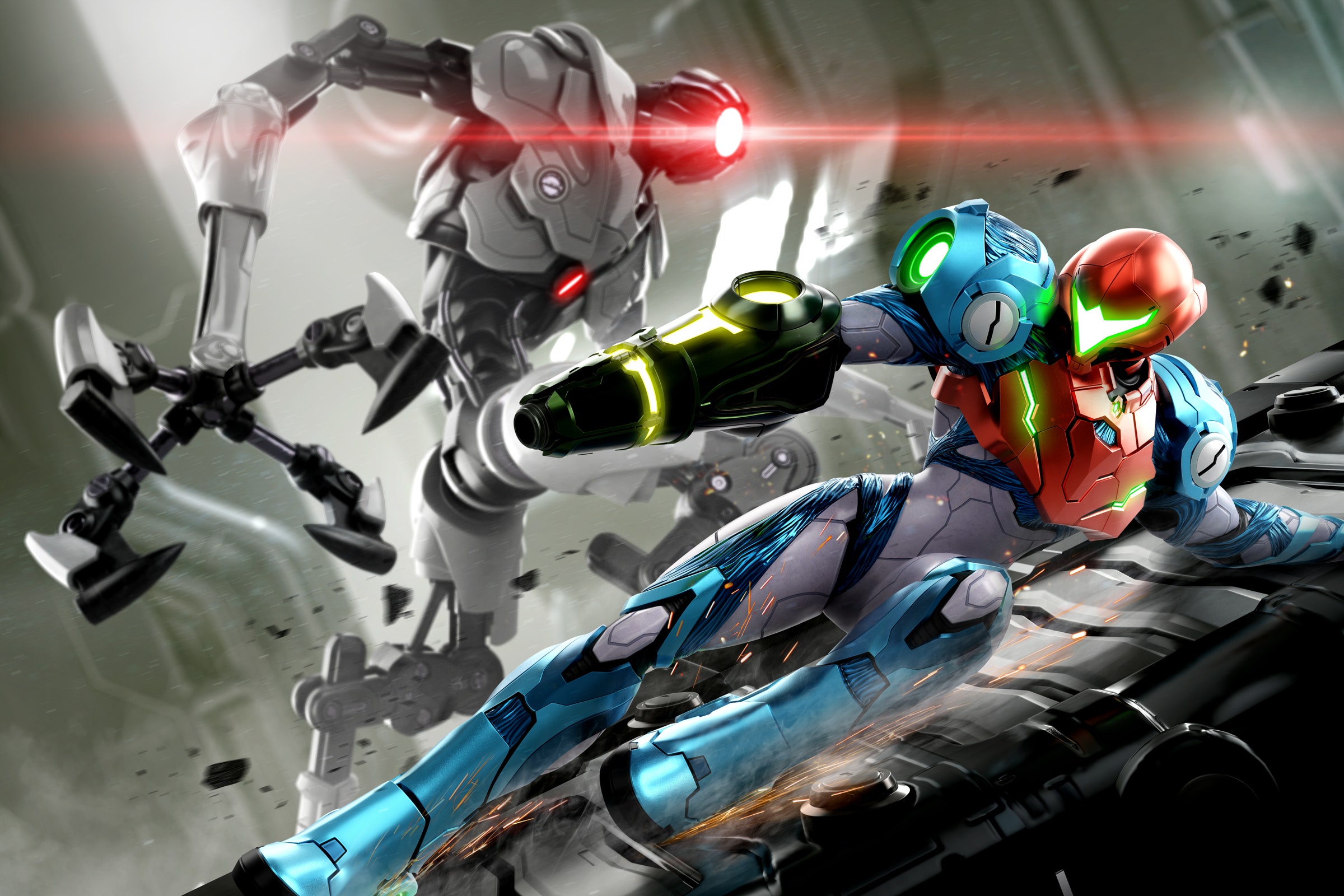#Gaetz says his speaker vote will ‘come down to spending’


Rep. Matt Gaetz (R-Fla.) said who he votes for as the next Speaker of the House will come down to their views on government spending.
“My personal decision will come down to spending. I wanna hear these candidates say, ‘We are done governing by continuing resolution and omnibus bill,’ because for me, this was never personal,” Gaetz told conservative media personality Jason Whitlock Thursday.
The Florida lawmaker said he likes Reps. Steve Scalise (R-La.) and Jim Jordan (R-Ohio) for the Speakership.
“I’m very close to both men,” Gaetz said.
He said Scalise gave him a “giant” rack of Cajun spices, and he admired the Louisiana lawmaker’s comeback after being shot in 2017. Gaetz also called Jordan his “personal mentor.”
“I’m really heartened to know we’ve got two amazing choices, two amazing men, and I actually think God’s will will be done here,” Gaetz continued.
Gaetz led the effort to push McCarthy out of the Speaker’s office. He and seven other Republicans joined House Democrats in a 216-210 vote to oust McCarthy.
Gaetz said Scalise or Jordan would be a “monumental upgrade” from McCarthy earlier this week.
“I know this — if it’s Speaker Jim Jordan or Speaker Steve Scalise, there will be very few conservatives in the country who don’t see that as a monumental upgrade over Speaker McCarthy,” Gaetz said during an appearance on Newsmax.
Copyright 2023 Nexstar Media Inc. All rights reserved. This material may not be published, broadcast, rewritten, or redistributed.
If you liked the article, do not forget to share it with your friends. Follow us on Google News too, click on the star and choose us from your favorites.
For forums sites go to Forum.BuradaBiliyorum.Com
If you want to read more News articles, you can visit our News category.




